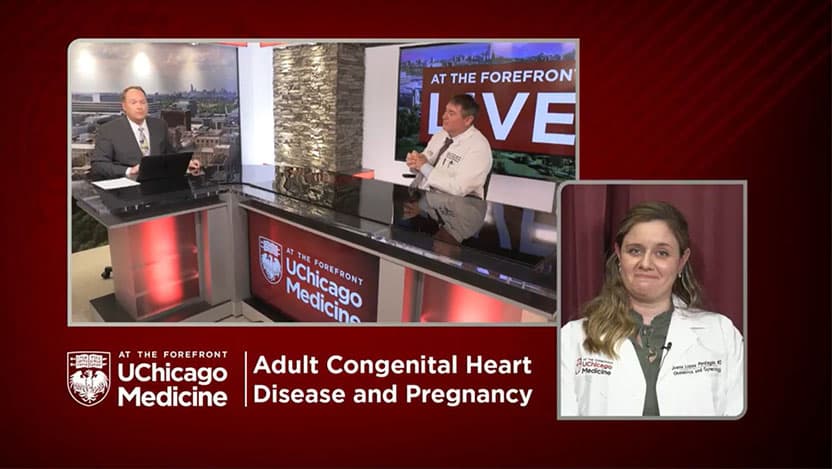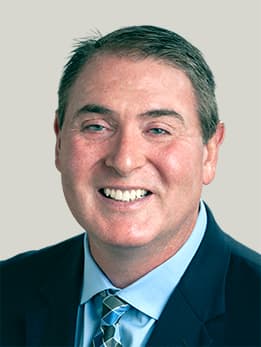Adult Congenital Heart Disease in Pregnancy: Expert Q&A

Pregnancy can put a lot of stress on your heart, especially if you have a preexisting cardiovascular condition. Cardiologist Michael Earing, MD, and maternal-fetal medicine specialist Joana Lopes Perdigao, MD, work together to provide the highest level of care for pregnant patients with adult congenital heart disease (ACHD).
If you have ACHD, learn how our expert team can help reduce health risks for you and your baby during pregnancy.
Read More from Our Experts
Q&A: Preparing for a healthy pregnancy with adult congenital heart disease (ACHD)

